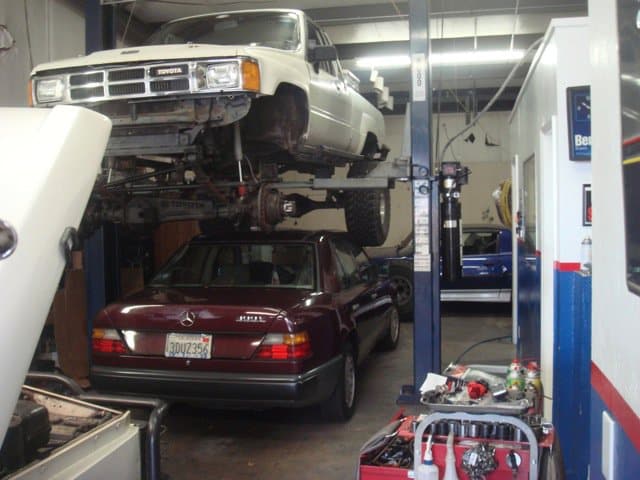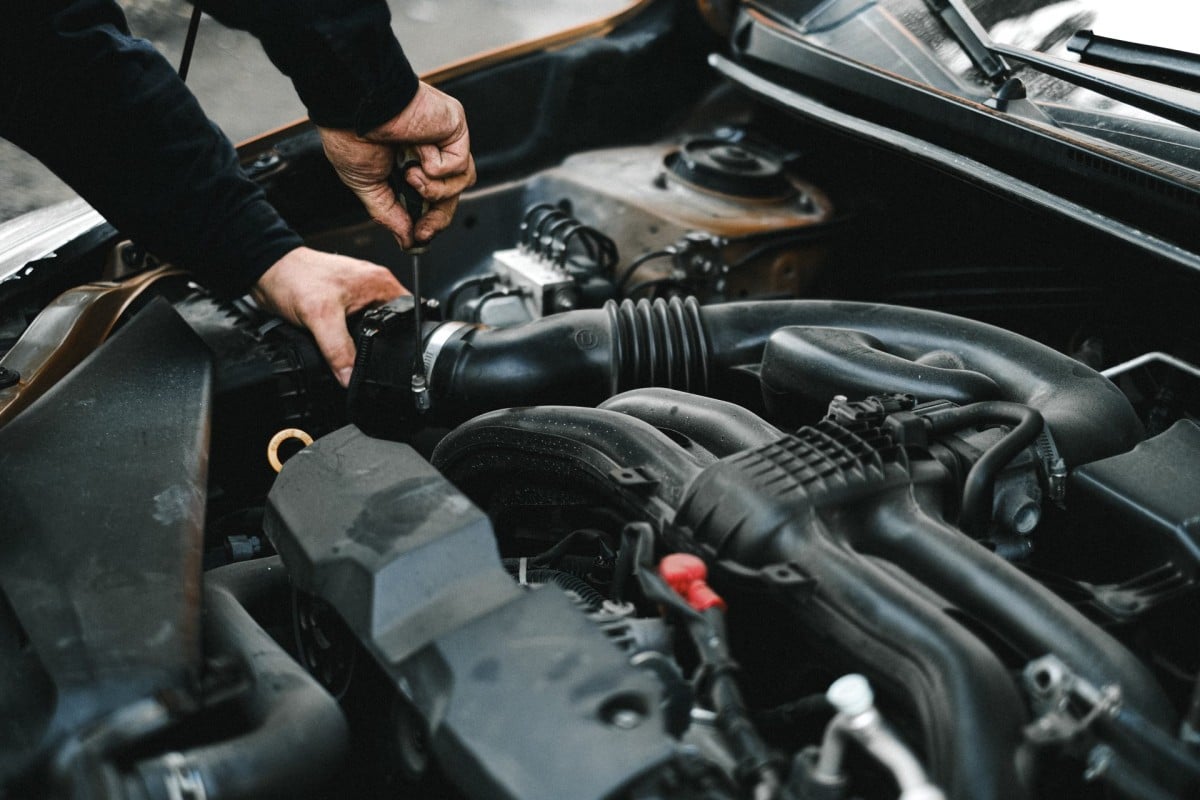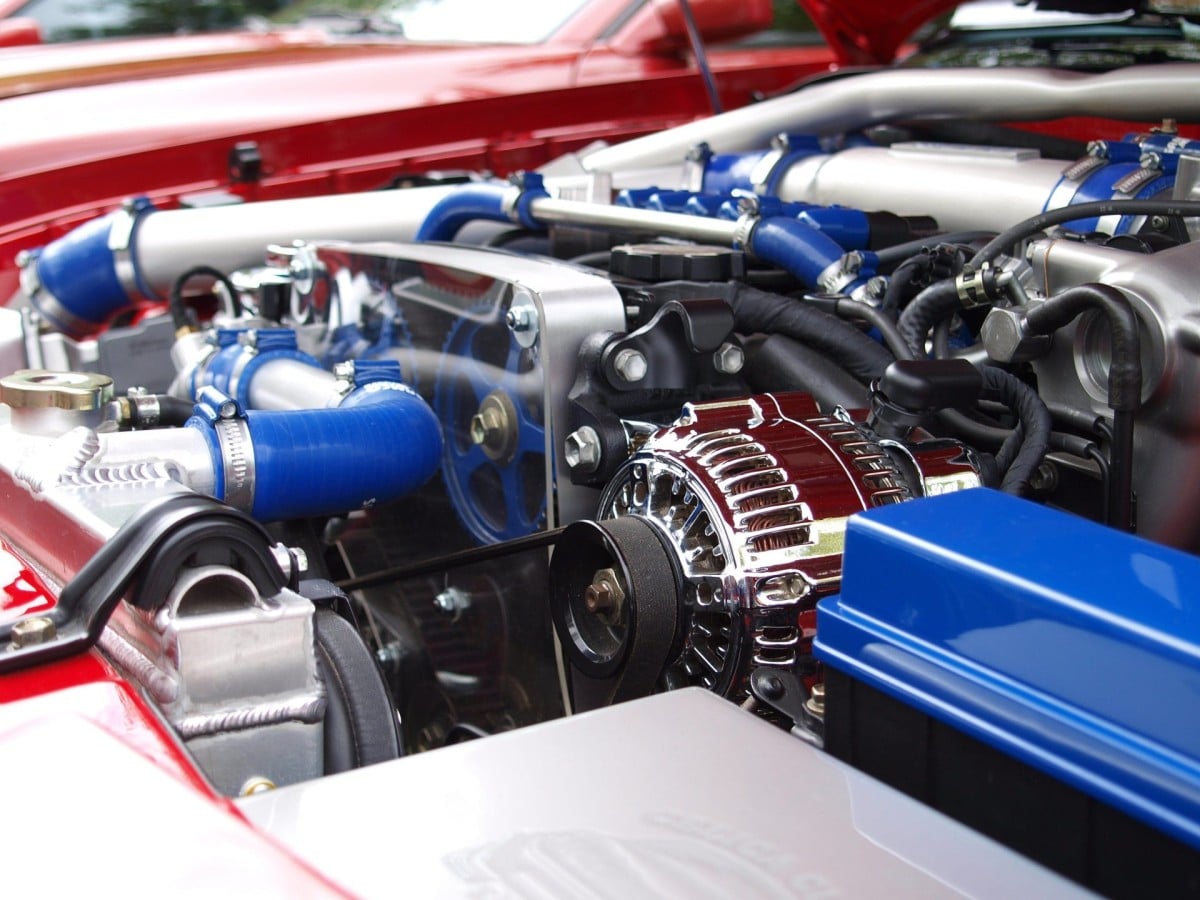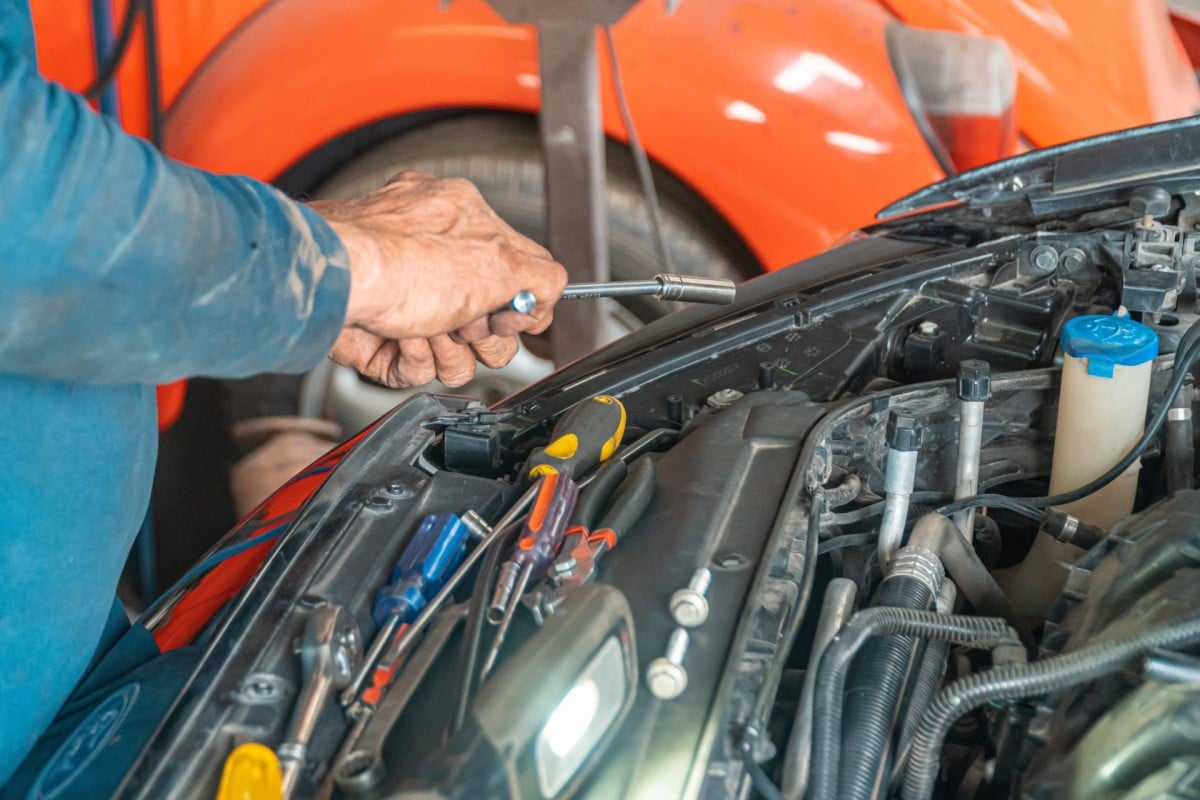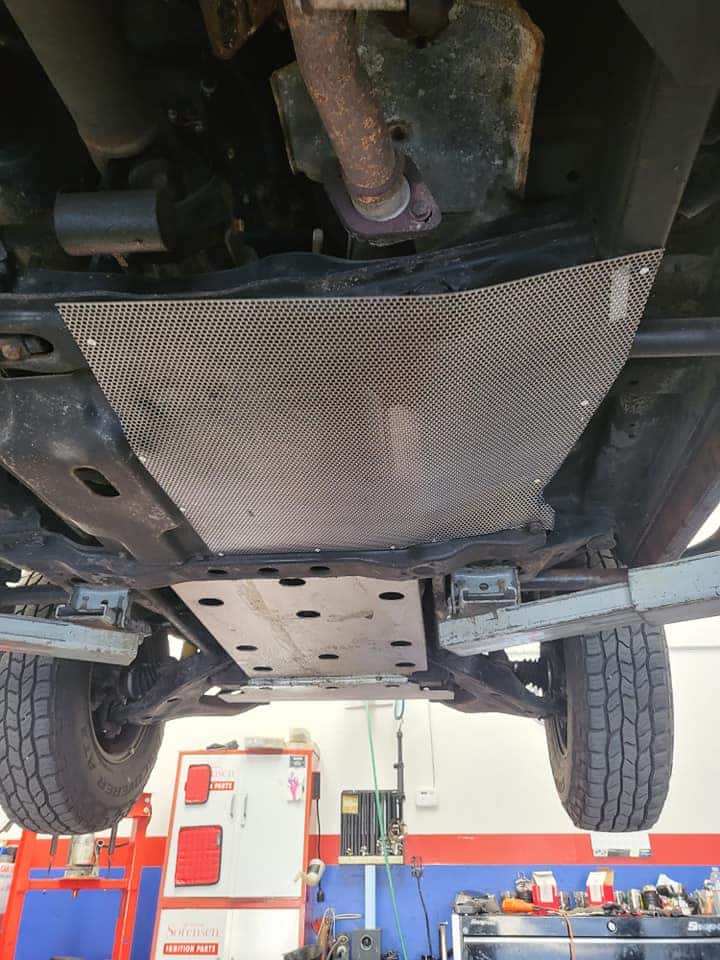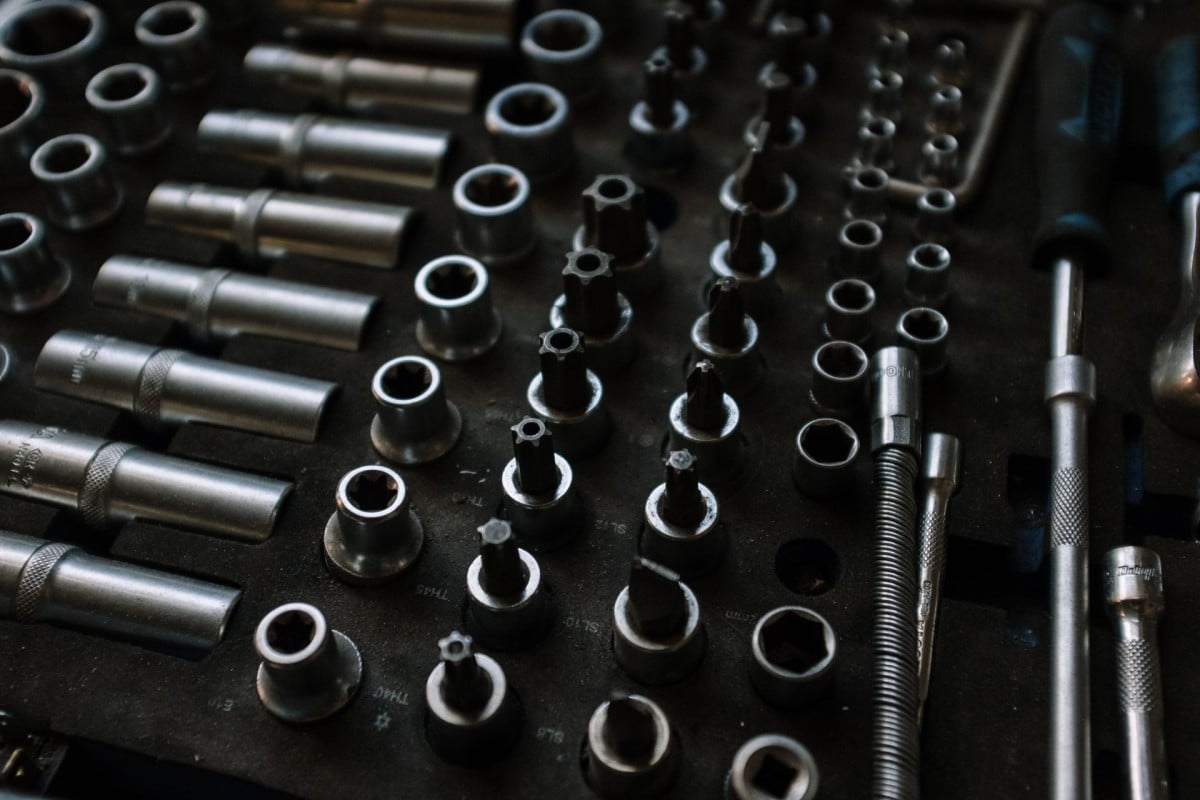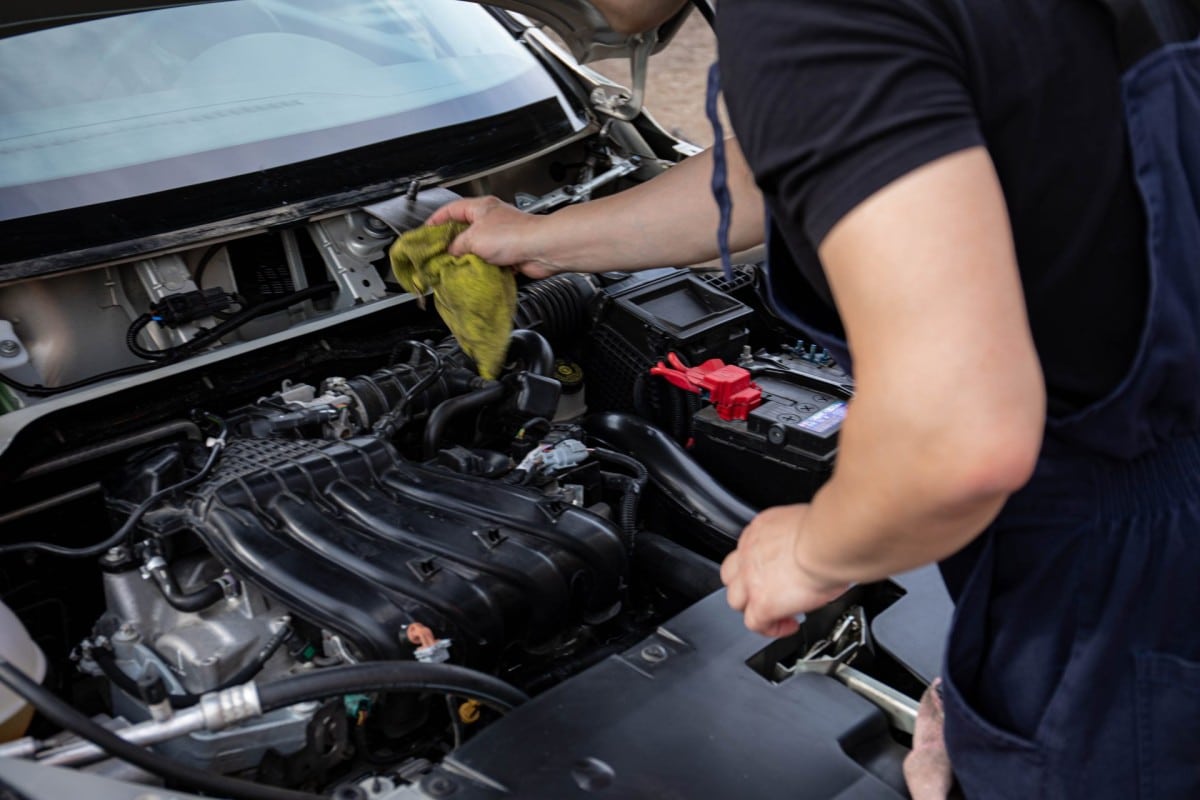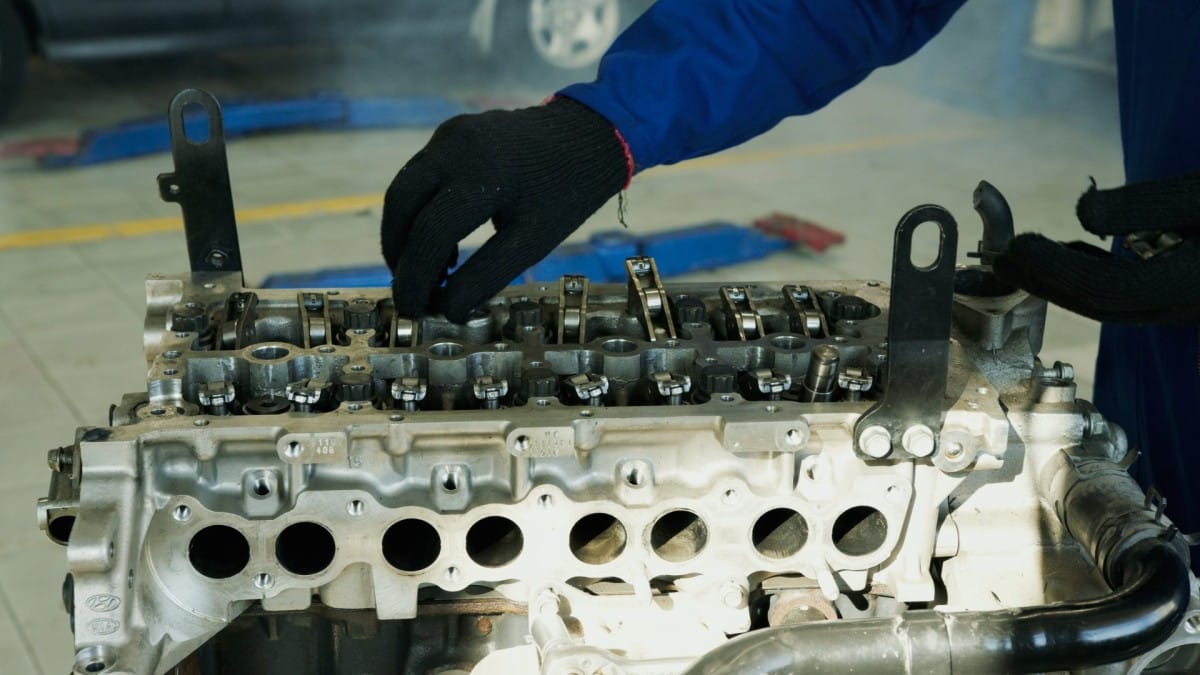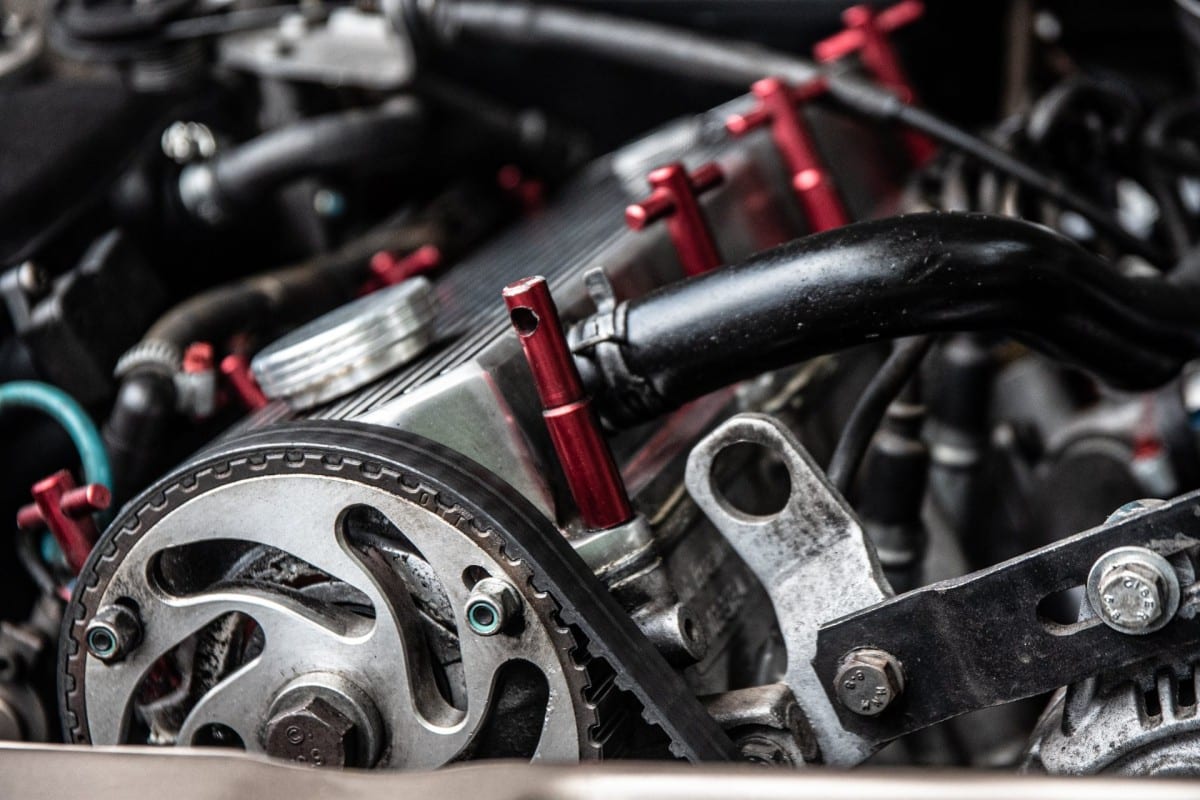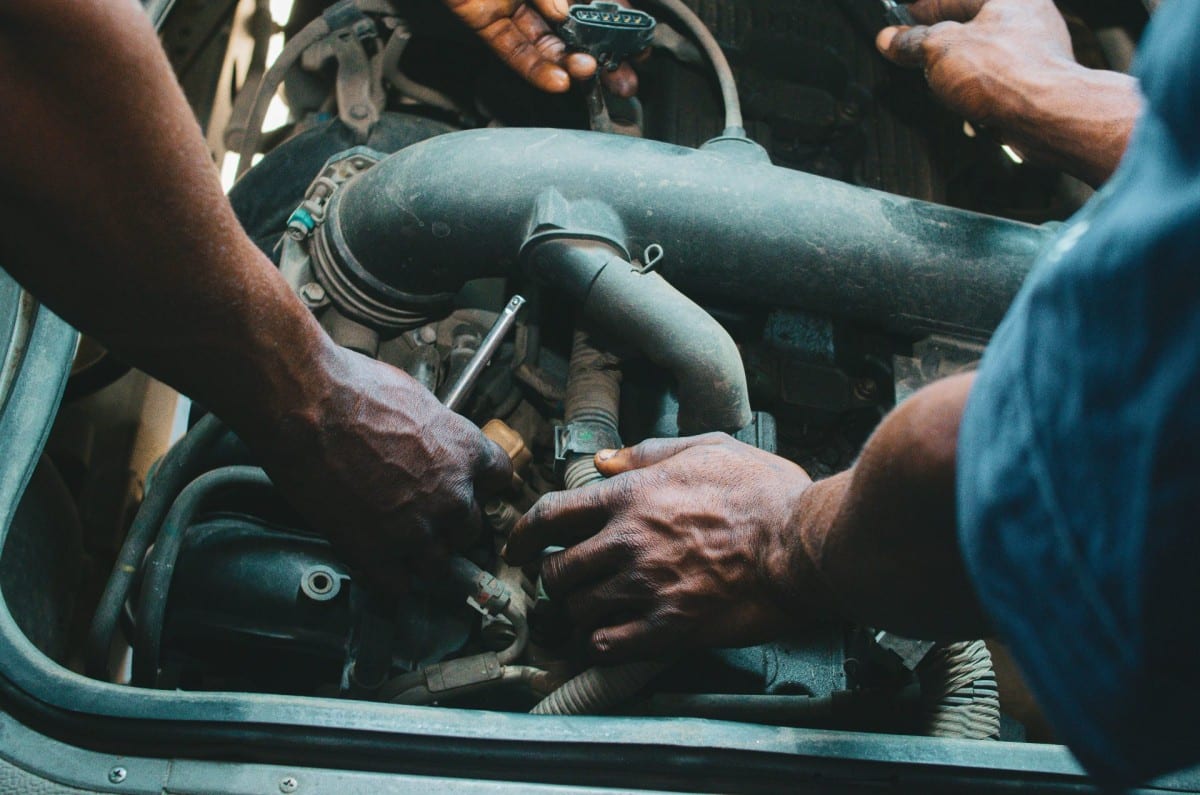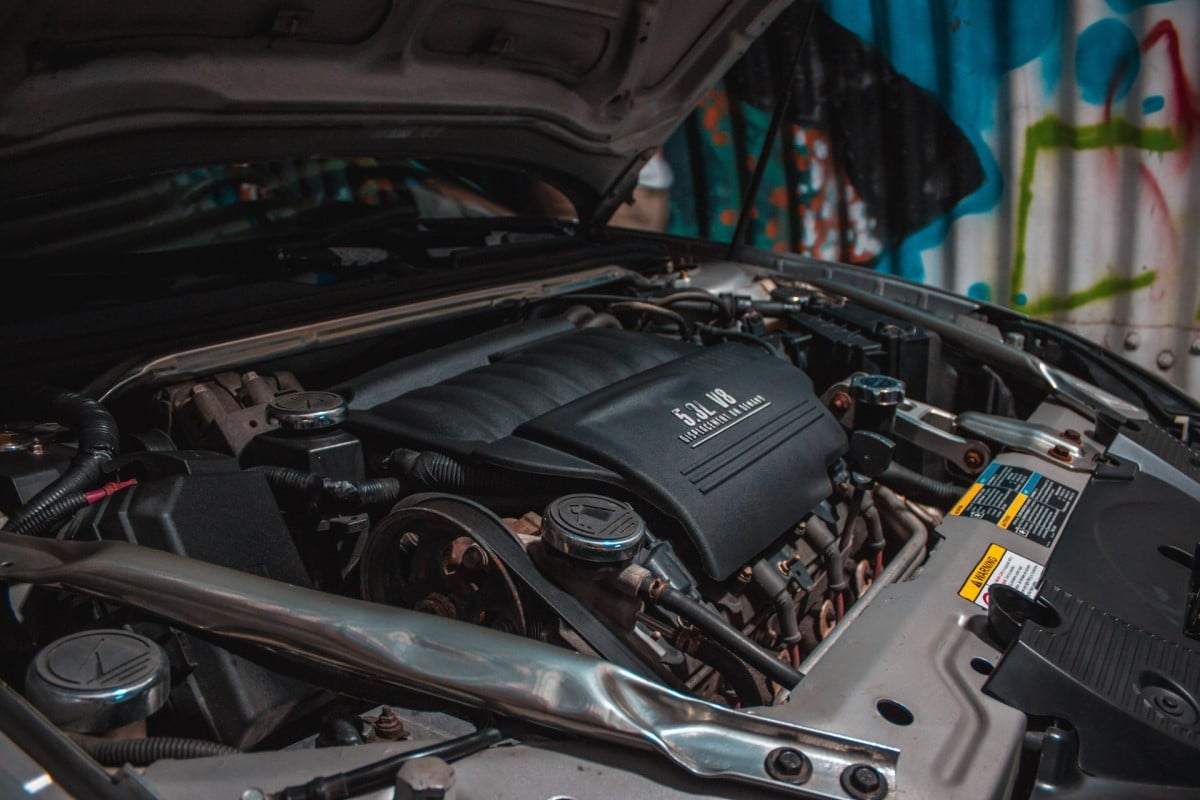So, you've got your vehicle pitched up in the garage because your alternator or starter has given out. Now, you're in the tough spot of having to decide between an Original Equipment Manufacturer (OEM) part or an aftermarket part. It's a predicament that many vehicle owners find themselves in, and it's not one to be taken lightly.
OEM vs. Aftermarket: What's the difference?
Simply put, OEM parts come directly from the vehicle's manufacturer. They're basically the same parts that were in your vehicle when it rolled off the assembly line. Aftermarket parts, on the other hand, are made by different companies and are often designed to be compatible with as many makes and models as possible.
Quality and Fit
When it comes to quality and fit, OEM parts generally win out. They are made to the exact specifications of your vehicle, which means they're likely to fit better and last longer. For instance, an OEM starter for a 2020 Toyota Camry is made with the exact specifications and components that the original part had.
Aftermarket parts, however, can be hit or miss. While some aftermarket parts are comparable in quality to OEM parts, many are inferior. Moreover, because they are designed to fit a wide range of vehicles, they might not fit as perfectly as an OEM part would.
Price and Availability
Where aftermarket parts tend to shine is in price and availability. They are typically cheaper than OEM parts and are commonly available at a variety of retail outlets. For example, an aftermarket alternator for a 2017 Honda Accord might cost around $150, while the OEM version could run you upwards of $300.
However, with price often comes compromise. While you might save money upfront with an aftermarket part, you could end up paying more down the road if the part fails or doesn't perform as expected.
Warranty and Support
When it comes to warranty and support, OEM parts almost always have the upper hand. Most come with a warranty that protects against defects and failures. Some even come with support from the manufacturer.
Aftermarket parts, though, often have shorter warranties, and support can be virtually nonexistent. If you have a problem with the part, you might be on your own.
On the other hand, some repair shops provide their own warranties on aftermarket parts and installation. These warranties can help to offset any potential problems with the part itself.
In the end, the choice between OEM and aftermarket parts comes down to what you value most. If it's quality, fit, and support, then OEM is likely the way to go. If it's cost and availability, aftermarket might be your best bet.
Regardless of your choice, it's important to have a reliable partner in your corner. At Sartorial Auto Repairs, we're committed to helping you make the best decisions for your vehicle and your budget. We'll walk you through the pros and cons, provide expert installation, and stand behind our work with our own warranty.
So, whether you're in Santa Rosa, Sonoma County, or Petaluma, CA, don't hesitate to give us a call. We're here to help you navigate the world of car repairs, one part at a time.


